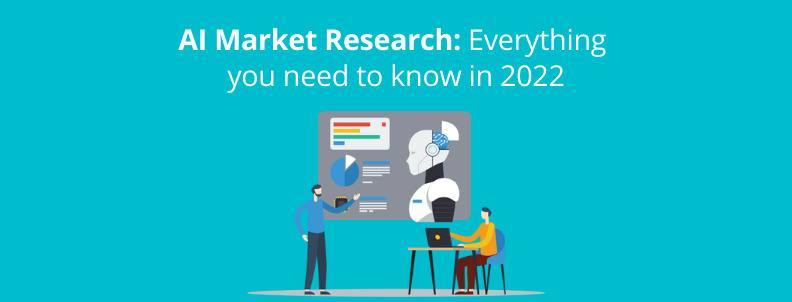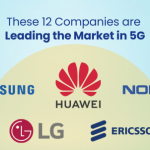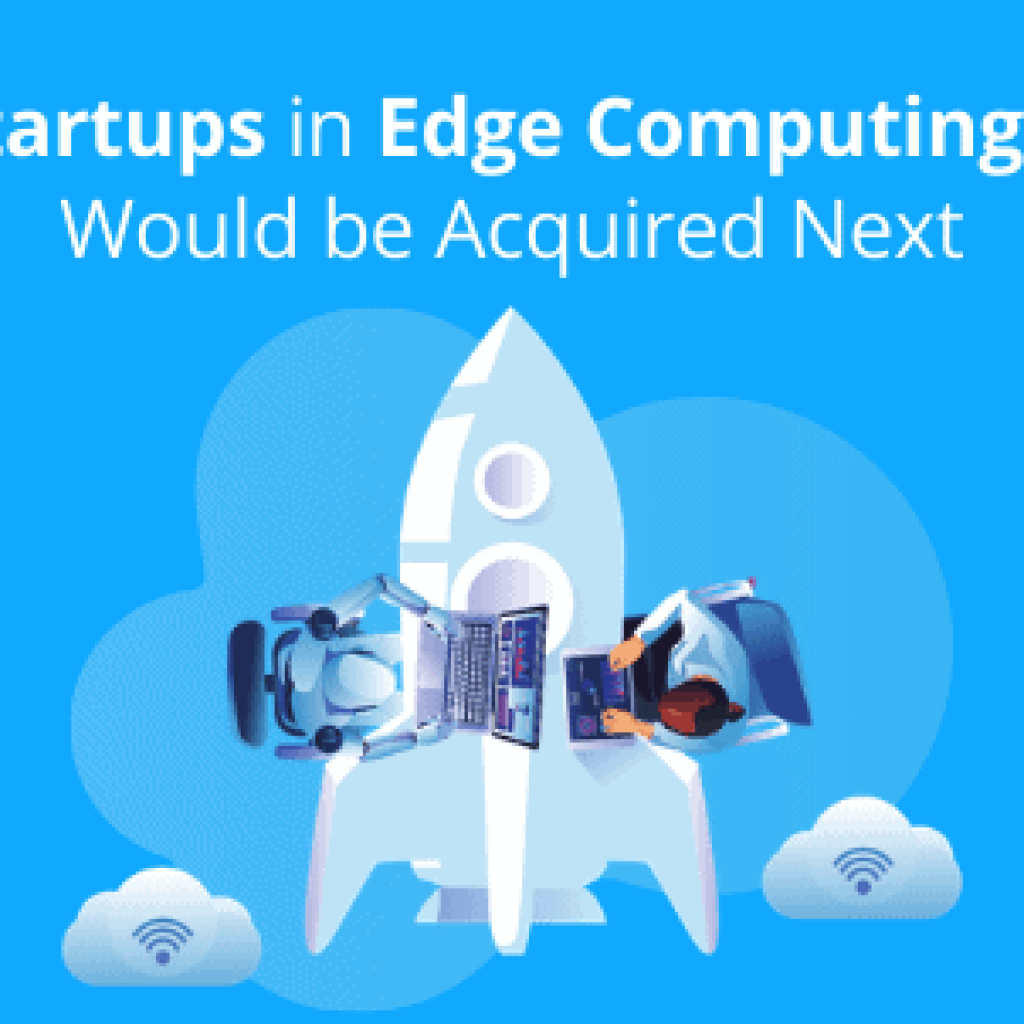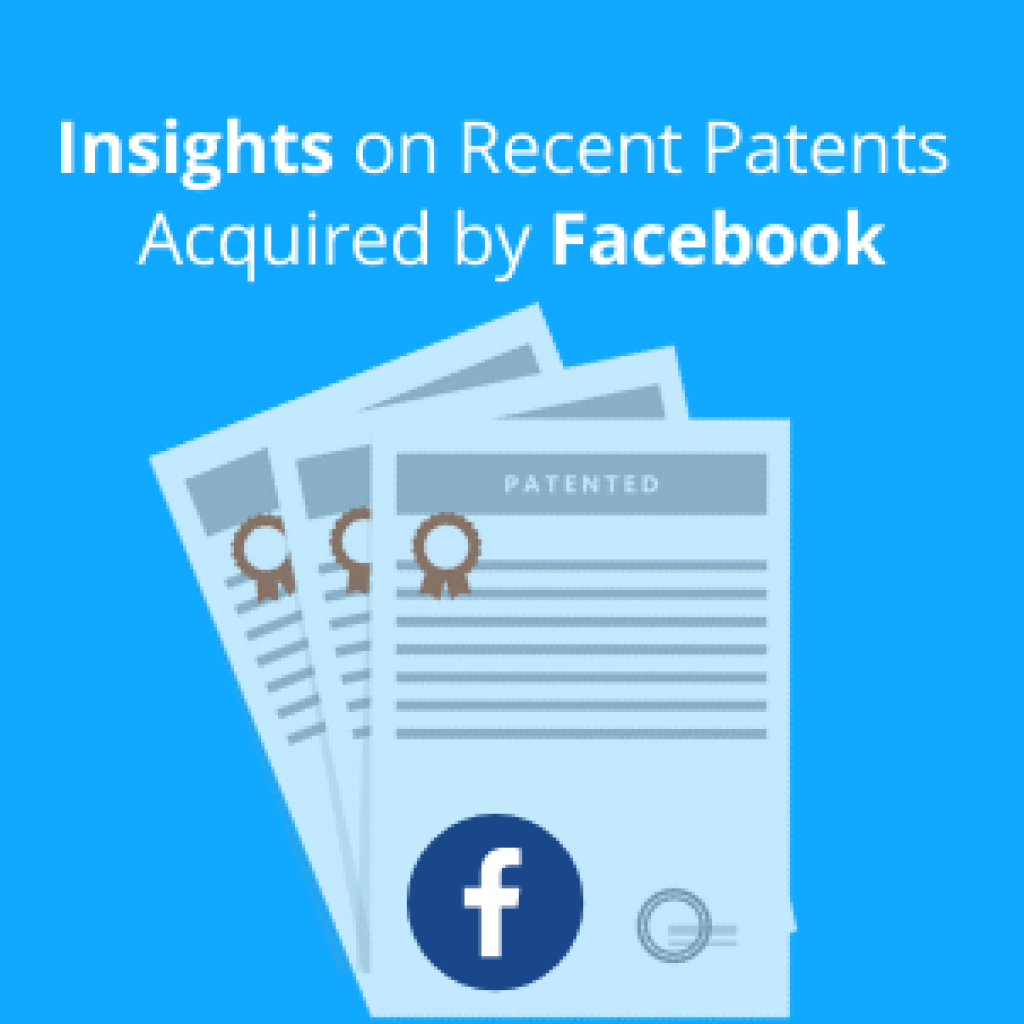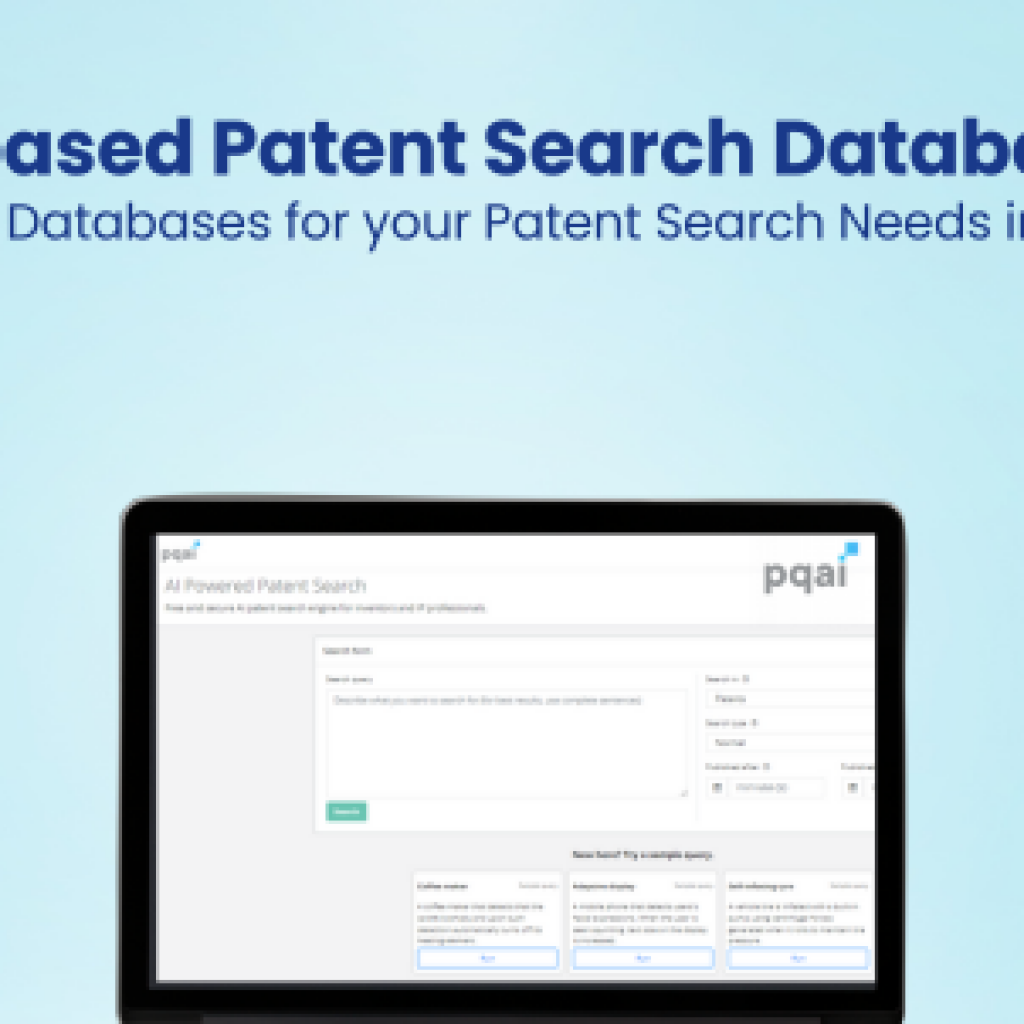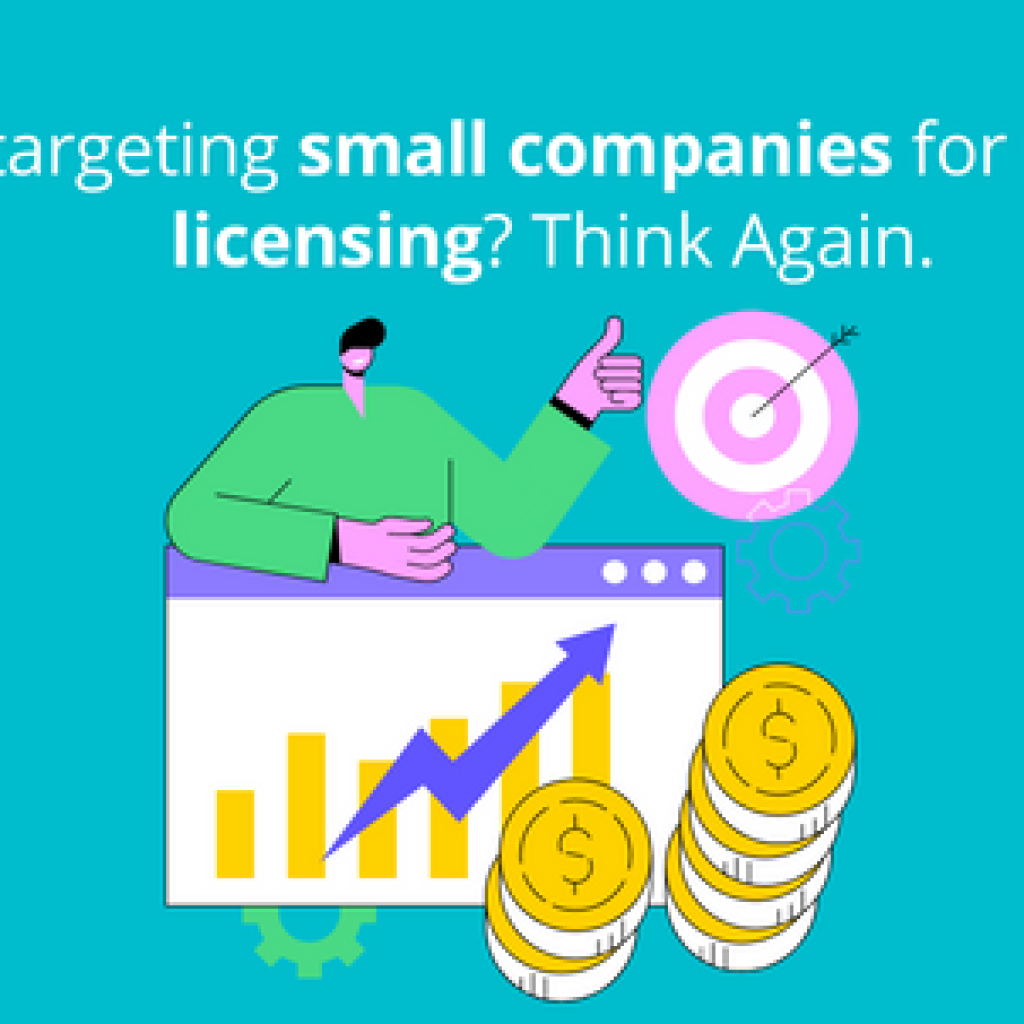The Artificial Intelligence (AI) market is witnessing explosive evolution. Not only in the tech-driven industries but also in the new lines of business and in the homes of consumers. As demand for AI efficiencies continues to rise, data scientists, R&Ds, and other AI experts are taking the leap to harness and use large data in new ways.
In 2021, the global artificial intelligence (AI) industry was estimated to be worth $58.3 billion. It is anticipated to reach $309.6 billion by 2026, growing at a CAGR of 39.7% over the forecast period. There are various reasons that would boost the use of AI products and services this year, such as the expansion of data-driven AI and advancements in deep learning. Even the necessity to attain robotic autonomy to compete in a global market.
Global Artificial Intelligence Market during 2021-2026 ($Billion)
Bifurcating the Artificial Intelligence Market by Region, a report in 2019 depicts that North America had the highest market share of approximately 34% ($12.3 billion) of the global Artificial Intelligence market. Whereas, APAC and Europe had approximately 32% ($11.8 billion) and 18% ($6.5 billion) respectively.
Global Artificial Intelligence Market Share in 2019, by Region (%)
The global growth factor of AI can be addressed by looking at factors affecting the AI Market in-depth. So let’s dive into it next.
We also converted our research into a downloadable PDF that includes Artificial Intelligence market insights, competitive analysis, and patent insights. You can download the pdf by filling out the form below:
Factors Affecting AI Market
Market Drivers
Companies all around the world are increasingly relying on Artificial Intelligence deployment to ensure the seamless running of their businesses. Artificial Intelligence Technology has proven highly valuable in completing a wide range of activities that are difficult and time-consuming for humans, resulting in increased employee productivity. By using sophisticated algorithms, AI systems are being trained to detect malware, run pattern recognition, and detect even the minutest behaviors of malware or ransomware attacks before it enters the system. This way AI can also help businesses battle cybersecurity threats and protect themselves from possible data breaches.
With AI’s expanding capabilities across a variety of corporate tasks, these are the major drivers for AI growth.
1. Enterprise Adoption of AI – Enterprises are investing substantially in AI technology these days to unlock the power of their businesses. They are implementing the technology to handle activities ranging from planning, forecasting, and predictive maintenance to customer care chatbots and other applications.
Companies can witness a significant shift in their operations as AI performs more and more corporate activities. The organizations are still in the early stages of AI adoption. They have yet to understand how to apply this technology to get the most out of it.
As per O’Reilly’s 2021 AI adoption report, 87% of survey respondents said that they have adopted AI in at least one business function. Only 13% of the respondents weren’t making use of AI or considering using it. This is down from last year’s number (15%).
Out of 87%, 35% of survey respondents were making the best use of AI. While the other 52% of respondents were at considering and maturing state in AI adoption.
2. Rapid Boom of AI Applications – For several decades, artificial intelligence (AI) has been steadily changing all sectors of business and life. The present boom in AI research and funding has resulted in a phenomenal increase in AI applications. These applications not only promise to improve corporate outcomes but also the human experience as a whole.
The technology has made it to a variety of industries, including healthcare, drug discovery, beauty industry, retail, and food technology, as well as finance, logistics, and transportation. In recent years, AI applications have also extended to real estate, entertainment, and gaming, and are anticipated to grow further in the coming years.
As per O’Reilly’s 2021 AI adoption report, the top three industries with AI adoptions is Tech, Financial, and Healthcare.
3. Customer Experience – AI has the potential to improve customer experience by changing the way businesses engage with their clients. Companies are investing in customer service AI technologies to improve efficiency and service delivery.
Key companies in the customer experience industry are also looking to AI to augment intimacy, deeply understand consumers, drive customization, and create personalized trips.
Take Google, for example, it uses machine learning to cater to the best search results as per individual interests. Its personal assistant is another example. The same goes for Apple’s Siri and Amazon Alexa which the companies use for improving customer experience.
4. Business Development – Artificial intelligence has a beneficial influence on the growth of a firm. The biggest potential benefits AI offers may affect both top-line-oriented activities like marketing and sales, as well as bottom-line-oriented operational tasks such as supply chain management and production.
Not only is the technology proving useful for major firms seeking to acquire a competitive advantage, but small enterprises are also benefiting from improved strategy planning utilizing AI.
AI can help in improving customer experience, analyzing consumer data to find actionable insights, supply chain management, and product tracking which all can directly or indirectly result in business development. It even can help in content marketing to promote business which ultimately results in business development. eBay used AI in one of its marketing campaigns which got successful. Here’s the case study.
5. Improved Cybersecurity – The growing spread of technology in recent years has resulted in the emergence of a new danger scenario, compelling organizations to investigate innovative defensive measures. By incorporating the capabilities of AI into cybersecurity, security professionals will gain a valuable tool for protecting unsafe networks and preventing possible data breaches. AI may generate substantial immediate insights, leading to shorter reaction times. This revolutionary technology can analyze user habits, infer patterns, and detect all kinds of network abnormalities, making it much simpler to discover cyber risks fast.
Companies like Crowdstrike are using AI for improving cybersecurity. Its CrowdStrike Falcon system is an AI-based detection system, known as user and entity behavior analytics (UEBA). The UEBA concept is one of the major innovations that has thrust the system security industry forward, escaping the flawed AV detection model that had started to let too many new viruses onto devices.
Market Challenges
While AI is constantly changing the actual world, it does come with certain limitations. As per O’Reilly’s report, the chart shows the bottlenecks in AI adoption. Some of them are Market and technical challenges based on a survey.
Some of the most noticeable are:
- Inadequate IT Infrastructure – AI technology handles massive amounts of data. This necessitates using high-performance hardware. These computer systems may be highly costly to set up and maintain. They will also most likely require periodic upgrades and maintenance to guarantee that they continue to function properly. This may be a big stumbling barrier, especially for smaller businesses with limited IT expenditures.
- Trust Deficit – One of the most significant issues causing concern for AI is the uncertain nature of how deep learning models anticipate output. For a non-professional, it is difficult to grasp how a certain combination of inputs may create a solution for many types of issues. Many people across the world are unaware of the usage or presence of artificial intelligence, as well as how it is intertwined into daily objects they interact with, such as smartphones, smart TVs, banking, and even automobiles.
- Inadequate Budget/Investment in Implementation – Although AI solutions generally provide an outstanding ROI, a business case must still be developed before investing in these new technologies. This can be especially challenging in smaller businesses with already tight funds. AI technology needs advanced software and high-performance hardware, both of which are costly to implement and maintain. In the past, the requirement for considerable investment may have limited the potential for smaller firms to benefit from AI technology.
- Data Privacy and Security – The data availability and resources to train deep and machine learning models is the primary aspect on which all deep and machine learning models are built. Because the data is generated by millions of people worldwide, there is a danger that it will be misused. On the dark web, there is a risk that users’ personal information will slip into the hands of anyone. With this much data coming in from all sources, there would almost certainly be some instances of data leakage. Furthermore, malicious people are embracing technology such as artificial intelligence and machine learning quicker than security leaders. Cybercriminals’ exploitation of these technologies may have a negative influence on all organizations attempting to preserve their most valuable asset, data.
Covid-19 Impact
The number of applications promising or offering to utilize AI to battle the novel Coronavirus skyrocketed from the time the virus was made public, especially in the months after its emergence from China as a worldwide pandemic. There was a unique chance for AI practitioners to demonstrate that AI could be used to help mankind as a whole, and AI developers took it.
The COVID-19 pandemic has prompted new applications and technological advancements in the industry. It has boosted the use of AI in industries such as healthcare. To respond to the crisis, AI-based tools, and solutions are being implemented on a large scale. Microsoft, Google, Apple, Amazon, and Facebook are pursuing efforts linked to remote interactions between patients and physicians, contact tracing, and medication research.
Various firms faced massive increases in consumer pressure during the pandemic, but the number of available staff dropped. Various contact centers were unable to meet demand or were forced to close due to lockdown limitations, resulting in lengthy delays in customer support questions and a negative impact on the customer experience. As a result, the need for conversational AI has risen to the top of the list of technology enablers.
Apart from the healthcare industry, AI has been transforming a variety of sectors in order to maintain company sustainability. The education sector began to use AI, and online education start-ups began offering tailored services based on students’ needs and particular specifications. The COVID-19 situation has emphasized the necessity to change the traditional education system into a technology-driven one. Apart from altering the learning approach, AI-powered computers helped instructors in a variety of ways, including assessing student performance, detecting gaps in teaching strategies, and automating tedious administrative duties.
Although Artificial Intelligence has become crucial to the fight against COVID-19, the concerns presented by its usage remain, since the technology, like the epidemic, emphasizes and threatens to aggravate existing socioeconomic disparities.
Now let’s see the Market Segmentation of Artificial Intelligence.
AI Market Segmentation
The global Artificial Intelligence market is categorized and segmented (by offering) into three main types, i.e. Hardware, Software, and Services.
Hardware
The hardware segment is further classified into processors, networks, memory, and chipsets. AI chips may play an important part in future economic growth since they will surely be used in vehicles, which are getting increasingly autonomous; smart homes, where electronic gadgets are growing more intelligent, robots, of course, and a variety of other technologies.
Some of the companies working on AI processors and AI chipsets include:
1. ARM Holdings
ARM Holdings manufactures chip designs that are utilized by all of the world’s major technology companies, including Apple. The firm is presently working on three major AI chip design tracks. The first is Project Trillium, a new type of “ultra-efficient” and scalable CPUs geared at machine learning applications. The second is Machine Learning Processor, which goes without saying. Finally, there’s the Arm Neural Networks processor, which is meant to interact with TensorFlow, Caffe, a deep learning framework, and other structures.
2. Google
Google has also joined this list with their AI-powered Edge TPU; while it is not yet used in any of their devices such as smartphones or tablets, this coin-sized technology has already piqued many people’s interest owing to its potential to intervene at the edge to allow high precision AI.
The primary goal of developing the Edge TPU was to leave a mark in the AI chip industry and make programming in Google’s TensorFlow programming framework, which is used for machine learning and deep learning, simple.
3. Intel
Intel AI supports multi-purpose, purpose-built, customizable, and application-specific hardware that excels at training massive, unstructured data sets to extreme low-power silicon for on-device inference, cloud service providers, enterprises, and research teams with a portfolio of multi-purpose, purpose-built, customizable, and application-specific hardware that turns model into reality.
Intel has introduced Xeon Scalable processors, powerful silicon designed to handle the widest variety of AI applications, including deep learning. The Intel Nervana Neural Network Processor is a new class of hardware that is a purpose-built neural processing unit (NPU) for the most demanding deep-learning training and inference.
Intel’s Movidius Myriad X VPU, another AI processor, tackles cost and power restrictions to deliver more computing at lower power for vision and AI at the edge. Intel’s AI portfolio also includes Intel FPGA, which is a real-time, programmable accelerator for deep learning inference workloads, and Intel Ethernet Products.
4. Qualcomm Technologies
Qualcomm Technologies is working hard to make artificial intelligence portable and available to the general population. They are trying to improve connectivity and performance while lowering energy consumption and costs. Their strategy is centered on a comprehensive approach to AI research and development, yielding long-term, all-encompassing AI solutions.
The Qualcomm Hexagon 780 Processor features a hybrid AI-accelerator design, increasing the Qualcomm AI Engine efficiency to an incredible 26 TOPS. The Qualcomm Kryo 680 improves overall CPU performance by up to 25% over the Snapdragon 865. The Qualcomm Adreno 680 GPU boosts AI performance by 43%. The Qualcomm Sensing Hub, a dedicated always-on, low-power AI processor with a mind-blowing 5x AI performance increase, has been announced with Snapdragon 888.
5. IBM
The company has entered the AI hardware industry with the IBM Telum Processor. IBM disclosed details about the upcoming new IBM Telum Processor at the annual Hot Chips conference in August 2021, which would give deep learning inference to corporate workloads to help fight fraud in real-time.
It is IBM’s first processor featuring on-chip AI inference while the transaction is in operation. This revolutionary on-chip processor acceleration is intended to assist customers to enhance business insights at scale across banking, finance, trading, insurance, and consumer interactions. For the first half of 2022, a Telum-based platform has been planned.
6. Baidu
Baidu initially stated its intention to build in-house chips in 2018, and in 2019 it claimed that the chip was already in risk production, with volume manufacturing expected for 2020. The processor, named Kunlun, was designed to be an AI accelerator in the cloud and edge computing, and it used Samsung’s 14nm technology as well as their 2.5D Interposer-Cube packaging solution.
Kunlun Chip, a subsidiary of Baidu, announced in August 2021 that volume production of its Kunlun II processor for AI applications has been initiated. The latest AI chip is built on the second generation XPU microarchitecture, is manufactured utilizing 7 nm manufacturing methods, and claims to outperform its predecessor by two to three times.
7. Samsung
With the Exynos Mobile Processor, Samsung has paved the road for AI. Samsung Exynos CPUs, which are equipped with best-in-class AI solutions, let consumers enjoy next-generation mobile experiences. Exynos 9810, which was released in 2018, was the first processor in the series to have deep learning software.
The newly announced Exynos 2100 processor, which has a triple-core neural processing unit (NPU) and an enhanced digital signal processor (DSP), makes on-device AI possible by enabling quicker AI processing capabilities of up to about 26 trillion operations per second (TOPS). Samsung Exynos will continually create a new benchmark for AI processing by creating algorithms that are four times lighter and eight times quicker than existing alternatives, pushing the boundaries of the next-generation mobile experience.
Some of the processors of Exynos series include Exynos 990, Exynos 1080, Exynos 9825, Exynos 9820, Exynos 980, Exynos 880, Exynos 8895, Exynos 9611, Exynos 9810 and many more.
8. NVIDIA
With the arrival of deep learning and AI, the world of computers is undergoing tremendous upheaval. Deep learning relies on GPU acceleration for both training and inference, and NVIDIA provides it to data centers, PCs, laptops, the cloud, and the world’s most powerful supercomputers.
NVIDIA DGX SYSTEMS is the World’s First Portfolio of Purpose-Built AI Supercomputers, designed to provide data scientists with the most powerful tools for AI research that spans the desk, data center, and cloud. The DGX-1 and DGX-2 are equipped with features including fully integrated software and hardware, deep learning training, inference, and rapid analytics, all optimized in one system based on the newest NVIDIA Volta GPU architecture.
The NVIDIA TITAN V graphics card is the most powerful Volta-based graphics card yet built for the PC. NVIDIA’s supercomputing GPU architecture is now available for PC, enabling advances across the board. The tremendous computational horsepower and breakthrough NVIDIA Pascal architecture of the NVIDIA TITAN Xp give customers the capacity to achieve things that were never thought to be possible.
The NVIDIA RTX and NVIDIA Quadro professional desktop solutions are conceived, developed, and engineered to speed any professional workflow, making them the preferred option of millions of creative and technical users. It is designed with the most powerful GPUs for visualization in the world, as well as huge memory, and extensive enterprise capabilities.
NVIDIA Jetson is the world’s leading-edge AI platform. The platform comprises Jetson modules, which are tiny form-factor, high-performance processors, as well as the JetPack SDK for speeding software and an ecosystem of sensors, SDKs, services, and devices to accelerate development. Jetson is backward compatible with the same AI software and cloud-native processes found on other NVIDIA platforms, and it imparts the performance and power efficiency required to construct software-defined intelligent devices at the edge.
Software
Artificial Intelligence (AI) software is a computer program that learns various data patterns and insights to replicate human behavior. Machine Learning, Speech & Voice Recognition, Virtual Assistants, and other top AI software capabilities are listed here. AI coupled with machine learning is used to offer users the needed functionality and to simplify the business process. AI software is used to create and develop intelligent applications from the ground up using Machine learning and deep learning capabilities.
Some of the companies working on AI Software include:
1. Salesforce
Salesforce Einstein is the industry’s first all-in-one AI for Customer relationship management (CRM). It is an integrated collection of AI technologies that enhances Salesforce Customer 360 and introduces AI to trailblazers worldwide.
With intelligent case classification, next best actions, and suggestions, it enables staff to do more in less time. Provide them with the answers and information they require as fast as possible while automating the best course of action. It is possible to create AI-powered apps for employees and consumers fast using a full artificial intelligence platform that includes machine learning, natural language processing (NLP), and computer vision.
2. NVIDIA
The NVIDIA AI LaunchPad is housed in Equinix’s world-class data centers. The platform accelerates the creation of complex AI models by leveraging DGX SuperPOD, NVIDIA Base Command, NVIDIA Fleet Command, and NVIDIA NGC pre-trained models. Scaling mainstream AI on NVIDIA-Certified systems spread over the network is also supported.
These industry-standard servers are excellent for scaling AI workloads in the contemporary hybrid cloud by running the NVIDIA AI Enterprise software package on VMware vSphere.
The NGC catalog is a library of GPU-optimized AI, high-performance computing (HPC), and data analytics applications that optimize and accelerate end-to-end operations. Enterprises can create best-in-class solutions and provide business value quicker than ever before thanks to enterprise-grade containers, pre-trained AI models, and industry-specific SDKs that can be deployed on-premises, in the cloud, or at the edge.
NVIDIA Base Command is a software application that helps to coordinate AI training and operations on AI infrastructure. Base Command, which consisted entirely of the NVIDIA Base Command Framework for large-scale, multi-user AI development processes and the NVIDIA Base Command Manager for cluster monitoring on the NVIDIA DGX SuperPOD, enhances AI ROI by providing NVIDIA innovations directly to the AI processes.
NVIDIA AI Enterprise is a complete cloud-native AI and data analytics software package designed, certified, and maintained by NVIDIA to work on VMware vSphere with NVIDIA-Certified Systems. It incorporates important NVIDIA supporting technologies for the fast deployment, administration, and scalability of AI workloads in the modern hybrid cloud.
3. IBM
IBM Watson has revolutionized the concept in the AI industry. It extracts essential insights, patterns, and correlations from unstructured pictures, emails, social media, and other data sources. Additionally, it offers natural language processing, image identification, and machine learning capabilities. The different services offered by IBM Watson are:
The Watson Studio helps in developing and training AI models as well as preparing and evaluating data in a single integrated environment. Watson Knowledge Catalog is an intelligent data and analytic asset discovery, categorizing, and governance service that powers AI apps.
Watson Assistant assists in the development and deployment of chatbots and virtual assistants. By integrating automated ingestion with sophisticated AI functionalities, Watson Discovery aids in the discovery of data linkages. The Watson IoT Platform is a cloud-hosted, fully managed solution for device registration, connection, control, quick visualization, and data storage.
Watson Speech to Text (STT) converts audio and voice into printed text with ease. Watson Text to Speech (TTS) translates written information into a natural-sounding voice in a wide range of languages and tones.
Watson Language Translator transforms news, patents, and conversational documents in real-time. Watson Natural Language Classifier can confidently understand and categorize natural language.
Watson Natural Language Understanding analysis text to extract information like ideas, entities, and sentiments from content. Watson Tone Analyzer analysis textual content for emotions and tones.
Watson Personality Insights predicts personality traits, wants, and values based on written language. Data Refinery is a data preprocessing self-service platform for data scientists, engineers, and business analysts. Watson Machine Learning uses an automated, collaborative approach to develop, train, and deploy self-learning models.
Watson Deep Learning uses neural networks to develop and deploy deep learning models that can quickly scale to hundreds of training sessions.
4. Amazon
Amazon, the industry leader in cloud computing, provides consumer and business-oriented AI products and services. Amazon Web Service (AWS) provides the most comprehensive and extensive range of machine learning services and cloud platforms, placing machine learning at the fingertips of any developer, data scientist, and professional practitioner. AWS is assisting tens of thousands of clients in accelerating their machine learning journey.
Amazon Polly is a service that converts text into a natural-sounding voice, allowing customers to create conversational applications and create completely new categories of speech-enabled goods. To convert speech to text fast and correctly, Amazon Transcribe employs a deep learning method known as automated speech recognition (ASR). Amazon SageMaker is a fully managed service that allows any developer or data scientist to easily design, train, and deploy machine learning (ML) models.
Amazon Lex is a service that allows users to integrate conversational interfaces into any application using speech and text. Amazon Rekognition makes it simple to integrate image and video analysis into user apps by leveraging proven, highly scalable deep learning technology that does not need machine learning skills. Users may use Amazon Rekognition to recognize objects, people, language, scenes, and activities in pictures and videos, as well as to detect any improper information.
Amazon Comprehend is a natural language processing (NLP) service that searches the text for insights and correlations using machine learning. Amazon Translate is a cognitive machine translating service that offers quick, high-quality, and low-cost language processing.
5. Google
Google Cloud Platform provides new machine learning products and services on a reliable platform. Google Cloud employs the same infrastructure and security services as Google does to safeguard its clients’ data, applications, infrastructure, and consumers against fraudulent behavior, spam, and abuse. Data encryption is provided by Google Cloud’s networking, data storage, and computing services at rest, in transit, and in use.
Vertex AI, a new unified machine learning platform that helps clients create, implement, and scale more effective AI models, is one of Google Cloud’s offerings. AI building pieces make it simple to include sight, language, communication, and structured data into applications.
AutoML leverages Vertex AI’s vision, translation, and structured data capabilities, which are driven by AutoML, to train high-quality customized machine learning models with minimal effort and machine learning experience. Using an API backed by Google’s AI capabilities, Voice-to-Text accurately converts speech into text.
Text-to-Voice uses an API backed by Google’s AI technology to turn text into natural-sounding speech. Virtual Agents provide clients with rapid conversational self-service 24/7, with seamless handoffs to real agents for more complicated situations. Agent Assist provides continuous help to human agents during conversations by detecting intent and giving real-time, step-by-step guidance.
Dialogflow CX creates conversational experiences that span many devices and platforms. CCAI improves customer happiness while also increasing contact center operational efficiency. Vision OCR extracts text from documents with world-class accuracy, supporting over 200 languages and 50 handwriting recognition languages.
6. Microsoft
Microsoft Azure is Microsoft’s entry into the AI sector. Azure solutions use tried-and-true combinations of Azure products and services to solve clients’ business challenges.
The Azure AI creates mission-critical solutions for image analysis, voice comprehension, and data prediction. Knowledge Mining is a new AI field that employs a mix of intelligent services to rapidly learn from massive volumes of data.
It enables companies to get a comprehensive understanding of and quickly examine information, uncover hidden insights, and discover correlations and patterns at scale. While the data is in use in the cloud, Azure Confidential Computing protects the client’s data and code.
Services
AI as a service enables people and businesses to experiment with AI without significant initial investment and with reduced risk. Experimentation allows for the sampling of several public cloud platforms to test alternative machine learning algorithms. Cloud AI service providers can supply the specific hardware required for particular AI activities, such as GPU-based processing for heavy workloads. The expense of purchasing the necessary hardware and software to begin on-premise cloud AI is high. AIaaS is prohibitively expensive for many businesses when combined with labor and maintenance expenditures, as well as hardware upgrades for different jobs.
1. NVIDIA
NVIDIA Fleet Command is a cloud service that delivers, maintains, and expands AI applications over distributed edge infrastructure in a safe manner. Fleet Command is a purpose-built AI lifecycle management system that offers faster deployments, layered security, and extensive monitoring capabilities, allowing customers to move from zero to AI in minutes.
2. Microsoft
By offering Azure AI, a portfolio of AI services targeted at developers and data scientists, Microsoft has cemented its position in the AI Services market. The platform enables clients to create and deploy their own AI solutions by using decades of groundbreaking research, responsible AI practices, and flexibility provided by Azure AI. Through easy API requests, users may access high-quality vision, voice, language, and decision-making AI models, as well as construct their own machine learning models using tools such as Jupyter Notebook, Visual Studio Code, and open-source frameworks such as TensorFlow and PyTorch.
3. IBM
IBM’s artificial intelligence services may assist customers in driving smarter development of their workflows, technology, and the whole organization. IBM’s industry specialists assist clients in implementing a data-first approach, supplementing with third-party sources, and operationalizing and accelerating AI integration across their company to achieve positive business development.
With AI and Cognitive Care, Conversational AI services improve consumer and staff experiences while decreasing operational expenses. Rapidly integrate AI assistants and use real-time data to digitally connect with consumers and handle increased contact volumes. IBM RegTech assists clients in using the power of AI to keep up to date on ever-changing rules. Watson and Promontory Advisory Services offer end-to-end risk and compliance management to help businesses make smarter decisions and follow regulations. IBM analytics consulting professionals extract insights from client data to assist businesses in making better decisions, operationalizing analytics, and meeting rising consumer demands.
4. Amazon
Alexa is Amazon’s cloud-based voice service, which is available on hundreds of millions of Amazon and third-party device makers’ devices. Customers may utilize Alexa to create natural speech experiences that provide a more intuitive approach for them to engage with the technology they use every day. Amazon provides a set of tools, APIs, reference solutions, and documentation to help users create for Alexa.
These segments provide market information indicating countries as well as companies that are providing AI solutions. This helps us find the growing sectors and the companies contributing to the growth.
Conclusion
As discussed in the article, every sector is trying to accept AI with open arms, but some companies are hesitant to adopt AI, due to perceived cost and the required expertise to manage these tools. A market such as that of Artificial Intelligence is evolving, and this means it has innumerable opportunities that you cannot miss!
Want to dive into the pool of the AI Market or wish to collaborate with the pioneers? Reach out to us and we can help you plan the next course of action.


